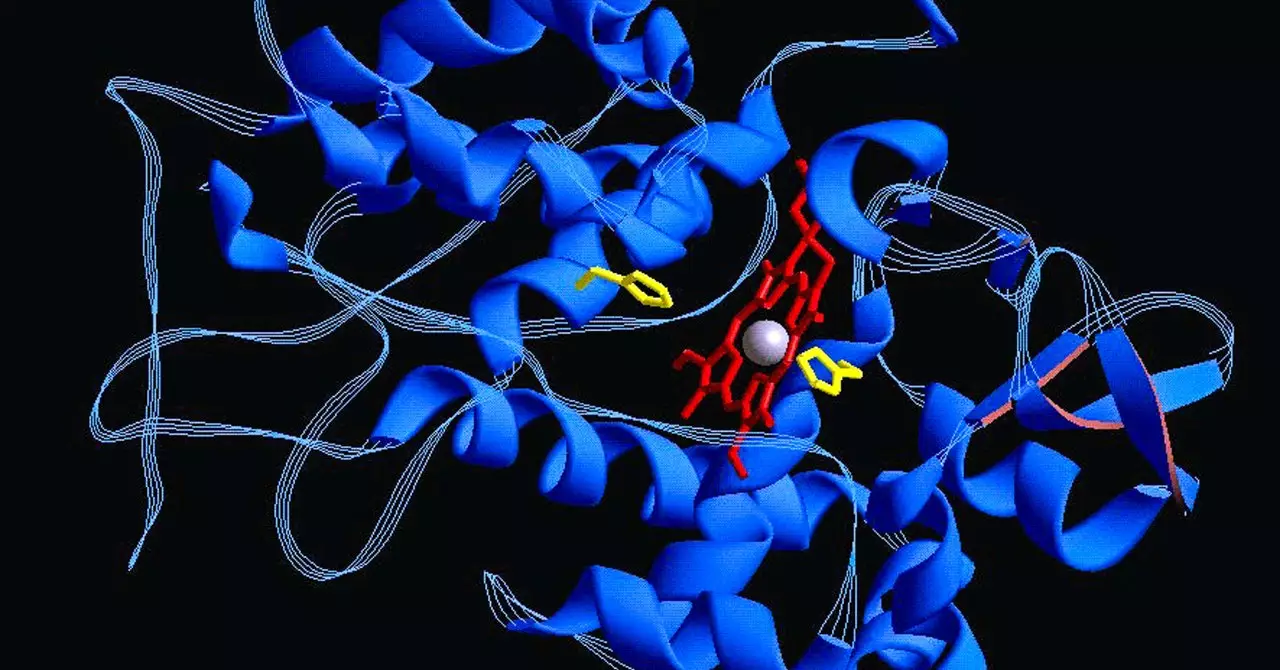The recent recognition of artificial intelligence (AI) researchers with a Nobel Prize has ignited a dual response of enthusiasm and skepticism within the academic community. While this accolade undoubtedly highlights the significance of AI advancements, it simultaneously raises concerns regarding the trajectory of research in the field. Notably, scholars are wary of a potential trend in which the emphasis shifts from substantive scientific inquiry to an over-reliance on trending methodologies, particularly as researchers scramble to replicate the success of AI applications that wield significant attention.
The apprehension expressed by experts like Hodgkinson root in historical precedents of technology hype cycles that have exacerbated scientific quality over time. Citing the case of graphene, Hodgkinson underscores the drastic increase in publications following the material’s Nobel recognition—a trend that does not always usher in tangible advancements. Between 2005 and 2009, an impressive 45,000 academic papers on graphene emerged, but the subsequent inflow of over a million papers from 2015 to 2020 raises an important question: how many of these studies genuinely contributed to science rather than merely basking in the glow of a prized phenomenon?
The phenomenon of inflating academic output in the face of new technologies is not limited to graphene. The allure of AI, especially in the wake of recent developments like ChatGPT, threatens a repeat of this scenario, where quantity may overshadow quality. Hodgkinson’s concerns reflect a broader anxiety that researchers, dazzled by the prospect of fame and funding linked to AI research, may lose sight of robust methodologies and meaningful inquiry.
An interesting aspect of the current academic landscape is how media coverage and funding dynamics shape research priorities. With the number of AI publications tripling from 2010 to 2022, the flood of daily outputs indicates an environment increasingly responsive to media trends. This burgeoning interest, while fostering growth, may lead researchers to focus on performative strategies that promise immediate returns—essentially sidestepping the heavy lifting required for groundbreaking theories.
As Julian Togelius notes, scientists operate within a competitive framework where the path of least resistance—often influenced by trending topics—becomes a tempting route. The difficulty lies in navigating this landscape without sacrificing the foundational principles of scientific inquiry that demand extensive understanding and original thought.
The current trajectory suggests a troubling possibility: a generation of researchers may emerge who settle for superficial engagement with AI rather than diving into the complexities of various disciplines that could deepen their understanding. This reality highlights a critical issue where quick, algorithm-driven enhancements become the hallmark of research, rather than rigorous experimentation and novel theoretical advancements.
Togelius reflects on a common pitfall within the computer science domain—the temptation to inject algorithms into diverse fields without possessing the depth of knowledge required to discern their real-world implications. This tendency could contribute to a culture of superficial advancements that yield incremental progress at best, rather than revolutionary change in scientific thought.
Ultimately, the challenge ahead lies in cultivating a robust and critical scientific discourse surrounding AI, rather than allowing it to be driven solely by hype and accolades. For researchers in the field, the goal should be to prioritize profound engagement with the underlying principles of their work, resisting the siren call of rapid output at the expense of substantial research.
The celebration of innovation in AI should not come at the cost of rigor and tradition. By averting the common pitfalls of past hyper-trends—such as those seen with blockchain or graphene—academicians can navigate this fertile yet complex landscape responsibly. Sustained attention to theoretical foundations, coupled with a commitment to interdisciplinary collaboration, will empower a generation of scientists to push the boundaries of knowledge in meaningful ways.
As the field of AI continues to evolve, it is imperative that the academic community remains vigilant against the seductive nature of hype, fostering an environment where genuine inquiry prevails over fleeting recognition. Only then can the true potential of artificial intelligence be unlocked, paving the way for transformative scientific advancements rather than mere echoes of past achievements.


Leave a Reply